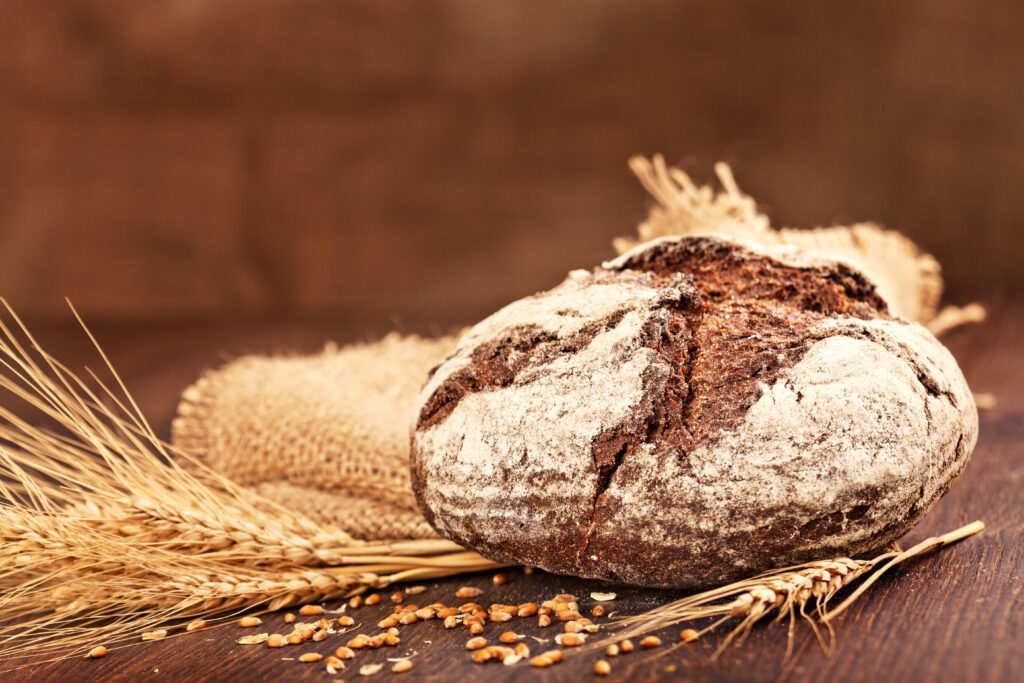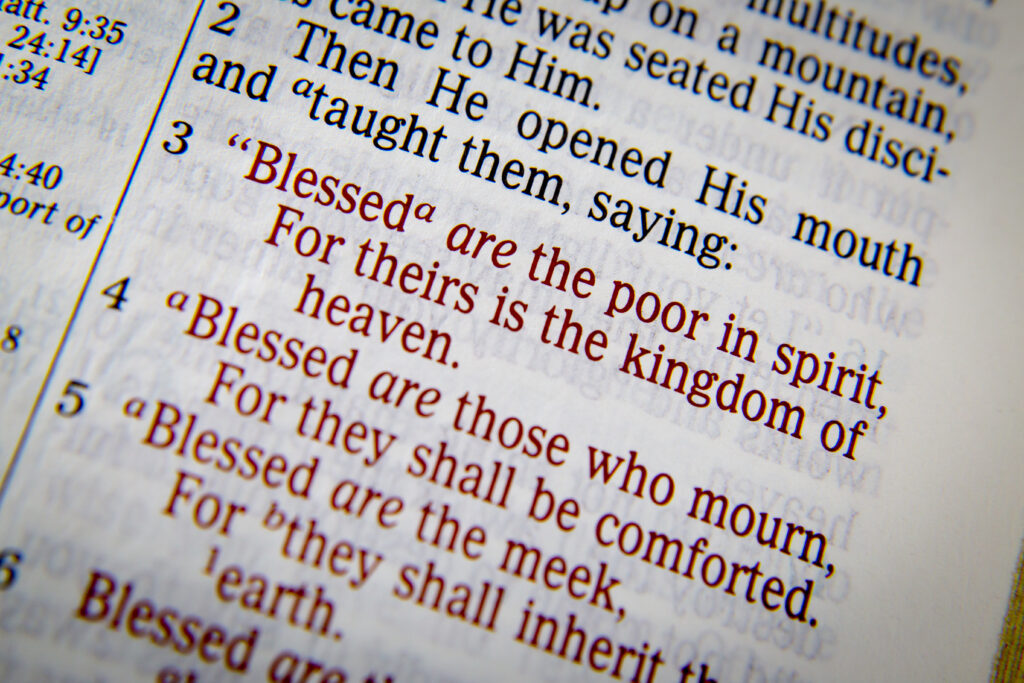The Parable of the Leaven is so short that you hardly notice it’s even a parable. Yet, it’s packed with meaning.
I’ve heard and read several definitions of parable, but my favorite one is what I consider the Sunday school definition. It’s simply an earthly story with a heavenly meaning.
Without Jesus’ announcement that a parable was coming, the first clue that it’s a parable is found in its first six words, The kingdom of Heaven is like…
From there we see the first major word, leaven, which is what we would call yeast. Leaven in this parable is a good thing, not always the case in Scripture; in fact, it at times represents sinfulness. But in this case, it couldn’t symbolize a better reality: the kingdom of God, itself.
A woman who’s making bread hides the leaven, which is always in small amounts and always effects a relatively large amount of flour or meal, as a key part of the bread-making process.

I think it’s remarkable that she hides it, wording we wouldn’t typically use about baking ingredients. Consider some other Scriptural examples of things hidden:

- David writes that he has hidden God’s word in his heart so that he might not sin against Him.
- We Christians, ourselves, are hidden with Christ in God.
- All the treasures of wisdom and knowledge are hidden in Christ.
All these things are valuables hidden by God from some and for others (from and for being important distinctions).
The kingdom of God, represented by the leaven, is the most valuable of all things, and He has hidden it in us for us (again, important words, in and for).
Sometimes, believers exhaust themselves searching in all the wrong places for God and His answers when all we need to do is look within our own hearts where He has hidden His Spirit for us.
Our efforts to find God and His kingdom also often prove futile in another way. We didn’t expect Him to choose the people in whom He’s chosen to dwell. It’s surprising to us that He would hide Himself in the poor in spirit, the grieving, the humble. Yet, in the hearts of those kinds of people are the very places we can find Him.

Getting back to the parable, this woman hid the leaven in three measures of meal. This reference to three measures is not about three different places or groups of people; rather, it points to what the number three means: completeness (Father, Son & Spirit; beginning, middle & end; past present & future; solid, liquid & gas; etc.). Jesus came to bring the kingdom of God to the entire world. God so loved the world…it is not His will that any should perish, but that all might be saved…not to condemn the world, but that through Him they might be saved.
There isn’t anyone in the entire world, in its history of generations, in whom God isn’t willing to hide His kingdom. So, let’s be careful whom we’re tempted to overlook as recipients of God’s grace. Surely, we could, ourselves, easily be overlooked.
Please don’t look for God only in the external, but be ready with your best response when He reveals Himself to you right in your most inner self.
The final point Jesus drives home for us in His briefest parable is that what
he launched (and still launches) in the hearts of individuals will eventually manifest on the most massive of scales. His kingdom permeates the entire world. With this parable, Jesus prophesied the global promulgation of the gospel.

He foretold the ultimate reach of His kingdom.
And He revealed the process by which He builds His kingdom, not from the outside in – with human armies and earthly palaces through which He would amass subjects – but in the hearts of people who would influence others and, thereby, form the ultimate grassroots movement.
Just as a transformed life happens through the renewal of the mind, the transformation of the world will result from the kingdom of Heaven being birthed in the individual hearts of millions of people.
God, please give us eyes to see Your kingdom manifesting in our midst.

Another parable He spoke to them: “The kingdom of Heaven is like leaven, which a woman took and hid in three measures of meal till it was all leavened. – Matthew 13:33
